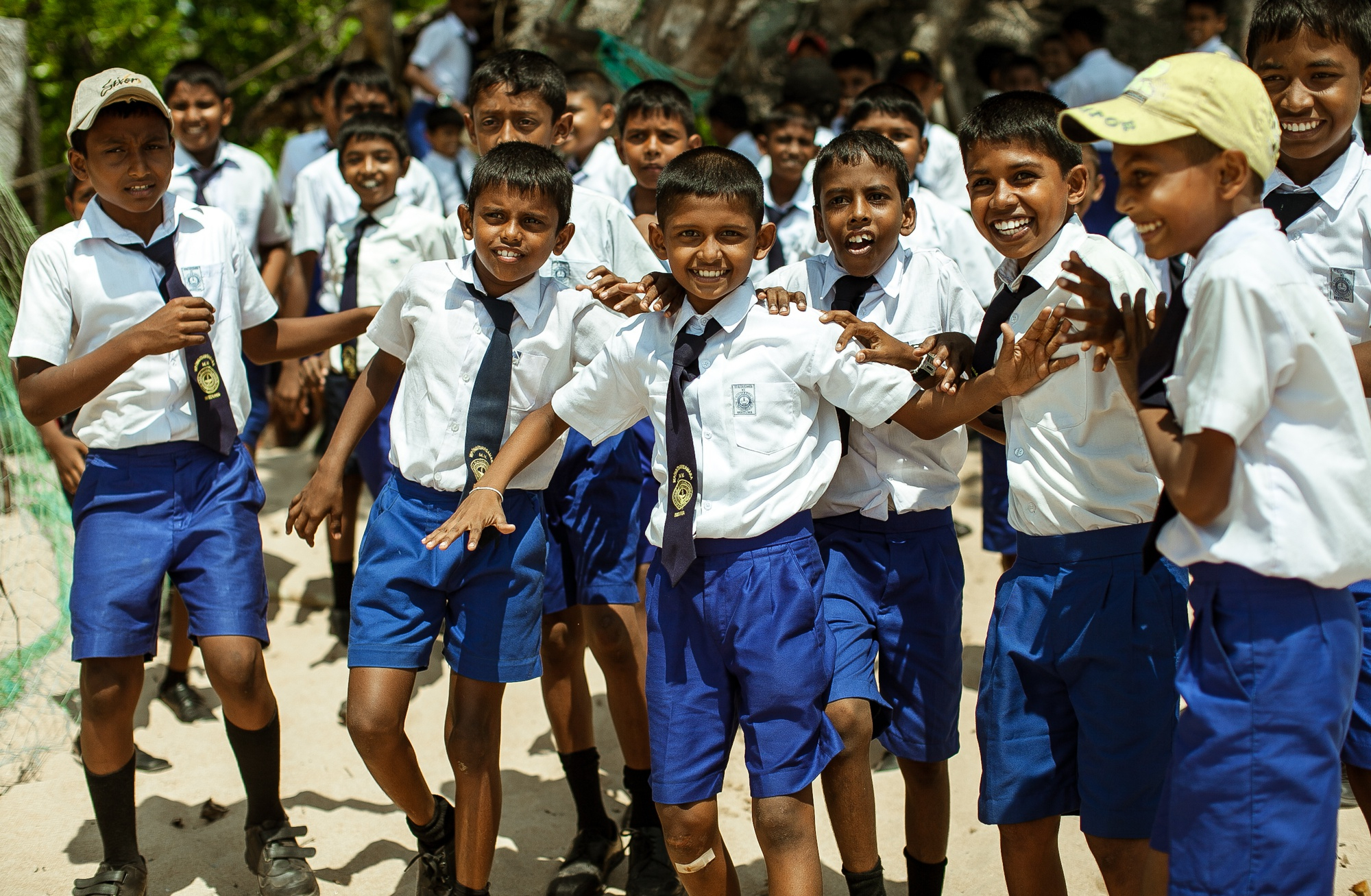Charity contributes to the promotion of dialogue, solidarity and mutual understanding among people. Poverty persists in all countries of the world, regardless of their economic, social and cultural situation, particularly in developing countries.
In recognition of the role of charity in alleviating humanitarian crises and human suffering within and among nations, as well as of the efforts of charitable organisations and individuals, including the work of Mother Teresa, the General Assembly of the United Nations in its resolution A/RES/67/105 designated the 5th of September, the anniversary of the death of Mother Teresa, as the International Day of Charity.
On this International Day of Charity, the United Nations invites all Member States and all international and regional organisations, as well as civil society, including non-governmental organisations and individuals, to commemorate the Day in an appropriate manner, by encouraging charity, including through education and public awareness-raising activities.
Background
Charity, like the notions of volunteerism and philanthropy, provides real social bonding and contributes to the creation of inclusive and more resilient societies. Charity can alleviate the worst effects of humanitarian crises, supplement public services in health care, education, housing and child protection. It assists the advancement of culture, science, sports, and the protection of cultural and natural heritage. It also promotes the rights of the marginalized and underprivileged and spreads the message of humanity in conflict situations.
The International Day of Charity was established with the objective of sensitizing and mobilizing people, NGOs, and stakeholders all around the world to to help others through volunteer and philanthropic activities.
The date of 5 September was chosen in order to commemorate the anniversary of the passing away of Mother Teresa of Calcutta, who received the Nobel Peace Prize in 1979 “for work undertaken in the struggle to overcome poverty and distress, which also constitute a threat to peace.”
Mother Teresa, the renowned nun and missionary, was born Agnes Gonxha Bojaxhiu in 1910. In 1928 she went to India, where she devoted herself to helping the destitute. In 1948 she became an Indian citizen and founded the order of Missionaries of Charity in Kolkota (Calcutta) in 1950, which became noted for its work among the poor and the dying in that city.
For over 45 years she ministered to the poor, sick, orphaned and dying, while guiding the Missionaries of Charity’s expansion, first in India and then in other countries, including hospices and homes for the poorest and homeless. Mother Teresa’s work has been recognized and acclaimed throughout the world and she has received a number of awards and distinctions, including the Nobel Peace Prize. Mother Teresa died on September 5th 1997, at 87 years of age.











